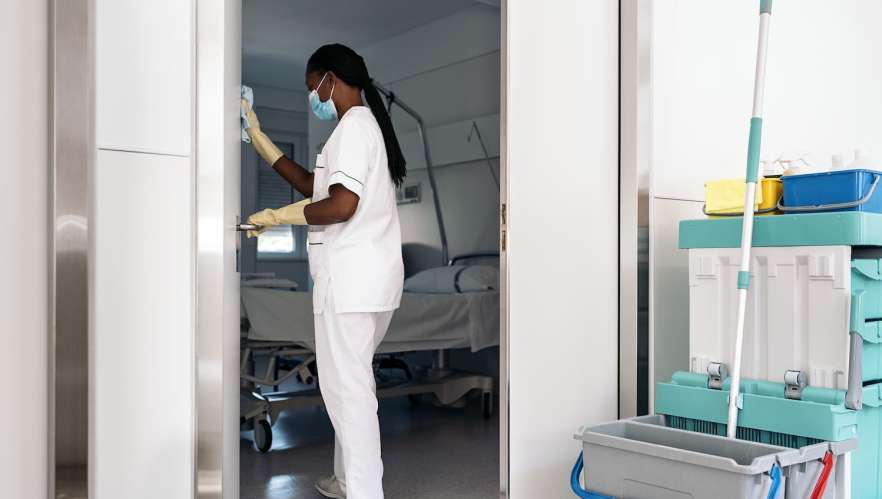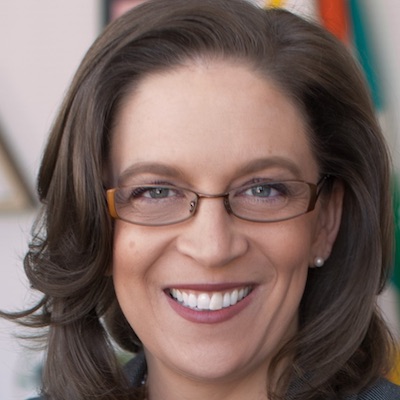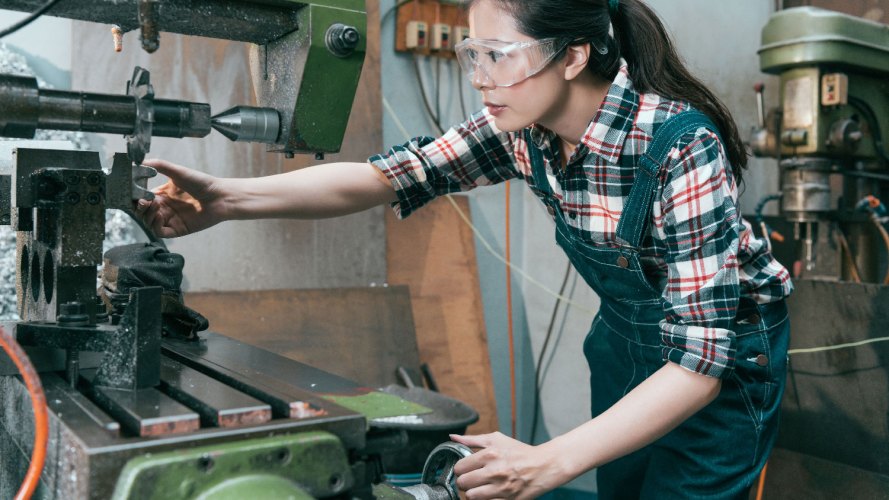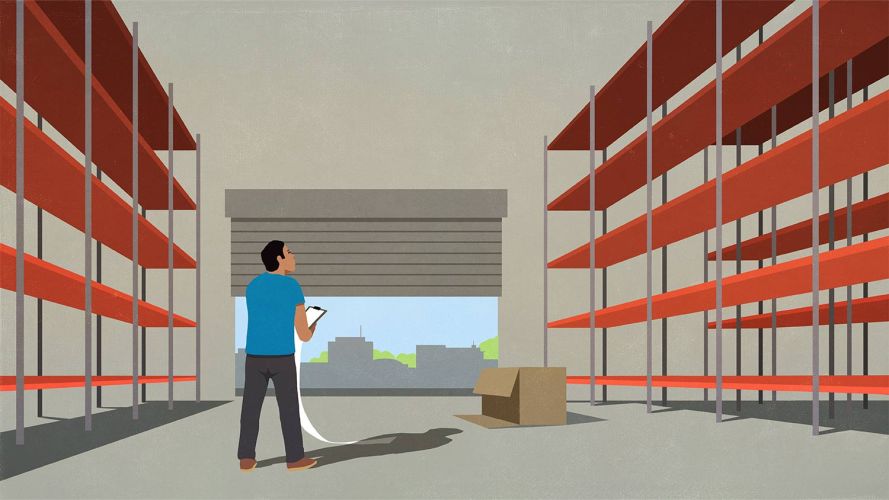With Disinfectants in Tight Supply, De Nora Water Technologies Uses Analytics To Deliver To Those in Need



When COVID-19 created unprecedented global demand for disinfectants, De Nora Water Technologies learned new ways to work with customers - and reach new ones.

Mirka Wilderer
De Nora Water Technologies manufactures equipment that disinfects and filters water used by 500 million people worldwide. When COVID-19 hit, we asked ourselves, “How can we continue to serve our water treatment customers through this crisis, and how can we reach new customers who are in desperate need of disinfectant?”
So began the first of many pivots that took our nearly century-old company into new lines of business. We entered new industries and learned new ways to work with customers — at warp speed.
De Nora isn’t your typical manufacturer mired in the old ways of doing business. That is, reliant on face-to-face meetings, orders tracked in spreadsheets, and phone calls. Our company was founded in 1923 based on innovation in electrodes, and the tradition of innovation continues to this day.
This culture of innovation was the guiding force behind our response to the pandemic, which created an urgency to help new customers in new industries and in new places. “New” became the byword for existing customers as well. We reordered our priorities to support them in new ways and with a distributed workforce.
Going to the next level for existing customers
Our company, based in Milan, Italy, felt the force of the pandemic earlier than most other manufacturers. We temporarily shuttered a factory in China as the virus began to engulf the region in late January. Not long after, Milan became the epicenter for the virus in Europe. The questions about safety and business continuity were far from theoretical.
The rules of the game changed every 15 minutes, and we had to constantly adjust. Salesforce played a key part in helping De Nora to adapt. With the pandemic came an opportunity to activate changes that had been faced with inertia by traditional water treatment clients.
We were already using Tableau CRM to keep operations running smoothly. The technology ensured that customers had continued access to water with minimal downtime. Once the pandemic hit, we enabled remote management to limit in-person visits. This included piloting a virtual support program, which went live in late September. Plus, we provided virtual tours of the water systems and opened a digital channel for customer inquiries.
We also used Sales Cloud to manage the onslaught of interest, to scale go-to-market efforts, and pivot the business to support these new markets. As a result, we were able to better understand our customers’ needs and respond more quickly.
Reaching new customers
Simultaneously, as disinfectants became a sought-after commodity around the world, we wanted to reach new customer segments. After all, everyone needed disinfectants: hospitals, schools, government agencies. But we couldn’t help them all, so our team dove into their data to analyze, identify and prioritize who to help — and how to do it.
Sales Cloud’s mapping feature helped us identify COVID-19 hot spots where we were selling new disinfectant. It also revealed gaps in our distributor network, which we quickly identified as opportunities to reach customers. We were able to tap into and identify which customers would possibly be suitable to contact. Then we heavily used the analytics — and still do use the analysis today — to maintain visibility of all these actions.
The first target of this new disinfectant campaign was Italy’s red zone but we took a global view as well. In Texas, we adapted trailers used for produced water disinfection in hydraulic fracking. Then we distributed it for free in Fort Bend, Co.
It was incredibly fulfilling and gratifying to be able to contribute to the global efforts of keeping our customers, their families, and communities safe and healthy against the threats of the coronavirus.
Keeping an eye on the future
De Nora’s digitization strategy was critical for managing through the pandemic. But it’s also core to our long-term success. We chose Salesforce as our ecosystem of choice because it helps us deliver a more powerful digital experience for our customers, and in turn, we get more and more data that Salesforce then helps us analyze to drive our business decisions.
With the Salesforce platform, we saw a 132% increase in lead generation from 2019 to 2020, and a 50% increase in the pipeline and a 25% rise in partner performance.
Further, we were able to identify which customers we could help, and provide the infrastructure to support both customers and employees remotely. Salesforce was an essential tool in supporting our culture of innovation and focus on customers. If we can change internally faster than externally, then we can shape the future. That’s what we are focusing on.
Want to hear more about De Nora’s story, directly from Dr. Wilderer?
Learn how they and other manufacturers can take small steps that lead to long-term payoff.



























